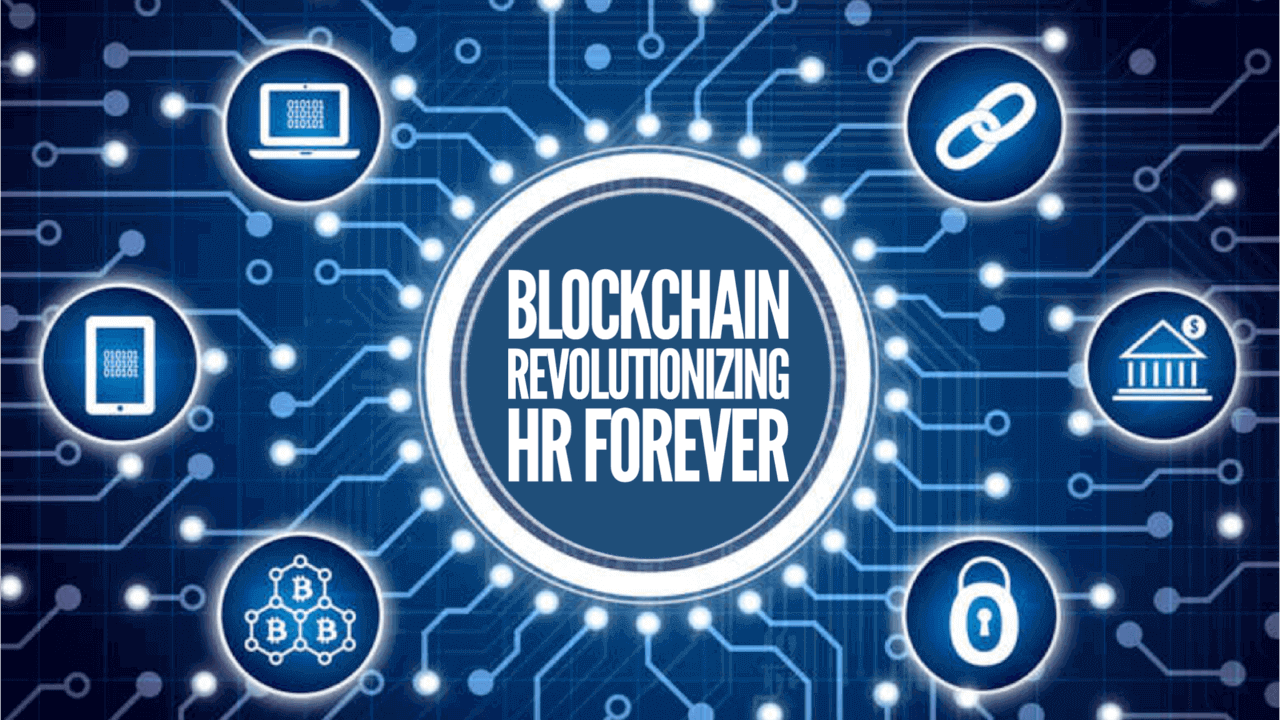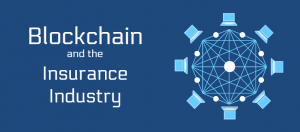In a world where the talent pool is in a constant influx of professionals, hiring the right person for an open position is quite overwhelming for any human resources (HR) department. Recruiters often have to go through numerous résumés, conduct interviews, and chase down references to find the right candidate for a job position. Even with the advent of career networking sites such as LinkedIn and Google jobs, finding qualified professionals is far from seamless.
It gets even worse considering that millennials, who make up the largest percentage of the job market, are constantly changing their employers after every 2.8 years. In recent years, career paths have evolved in such a way that professionals rarely work their way up to retire as CEOs. Career ladders have become career webs fuelled by globalization, which has empowered professionals to change jobs quite often.
Given the tedious hiring process and the detrimental consequences of hiring an ill-fitting candidate, HR departments need to upgrade their existing framework by leveraging newer technologies. Blockchain is one such technology though known for disrupting the financial industry; it has the power to transform the way HR interacts with the growing talent pool.
Most promising Blockchain use cases in HR
The HR departments being the storage of loads of employees data, blockchain finds various use cases in helping recruiters manage this data. These includes:
1. Verification of employees
It is estimated that more than 60% of job seekers misrepresent themselves on their résumés. This lack of honesty has breached the trust between job seekers and HR departments, promoting the latter to rely on third-parties such as recruitment agencies who conduct background checks on potential candidates. Unfortunately, traditional verification processes used by these third parties aren’t effective and often resource-draining in terms of time and money.
Blockchain has the power to transform employees’ verification process by creating a distributed database containing a candidate’s credentials and background data. Universities and colleges can publish an employee’s academic credentials, which are then shared with future employers. The database can also contain an employee’s previous position in another company with additional details such as performance indicators and general workplace conduct, which can be used to determine if a candidate is a good fit.
All the data logged in this blockchain system is immutable, meaning that job seekers can’t alter nor falsify their credentials. As a result, résumés will become obsolete as recruitment agencies’ role diminishes, saving organizations time and money spent verifying employees’ data.
2. Enhance data security
Human resources management involves dealing with voluminous data from financial transactions of an organization to sensitive employees’ data related to pay, healthcare, disciplinary records, and banking. This places HR departments at risk of data breaches in the face of rising cybercrimes.
By implementing a blockchain-based database, HR data is secured, making it almost impossible for cybercriminals to gains access to employees’ and organizations’ records. Moreover, access to data on a blockchain network is limited and controlled, meaning that even those with access can’t arbitrarily make changes to the records. This protects organizations from both internal and external data breaches.
Adding to its high-security standards, blockchain effectively decentralizes data as a key defense strategy against hacks. Unlike storing data in centralized silos, decentralization of data spreads across a large network of computer nodes, mitigating the risk of data being wiped in a single hacking event.
3. Streamline payrolls and contractor payments
Most HR’s payment processing is done manually, resulting in time lags as invoices have to be reviewed. Also, banks that process an employee’s payment tend to charge extra fees cumulatively, eating into the overall salary.
Blockchain payment systems can replace many manual processes, thereby eliminating time lags within the current payroll systems. As such, payments will be reconciled faster with less paperwork ensuring employees get their salary in time. Unlike bank transactions that charge expensive transaction fees, payment processed through blockchain systems charge almost zero transaction fees. This makes them ideal for sending cross-border payments in organizations that hire a remote workforce.
The introduction of smart contracts can further improve blockchain payment systems by automating payouts ensuring employees are paid quickly without delays. For instance, say, a company hires a contractor and pays them on an hourly basis. Once an agreed number of work hours has been completed, the smart contracts automatically pay the contractor by executing the agreed terms of payment.
For seamless transactions, smart contracts are linked to the company’s bank account and that of a contractor. As such, the HR department doesn’t need to regularly do a payment run since transactions are recorded in real-time, keeping track of invoices.
4. Automate taxes and mitigate audit bottlenecks
HR is constantly grappling with evolving tax laws, which are further complicated by other factors such as bonuses, commissions, overtime pay, accumulated paid leaves, and other additional payments. Accounting for all these payments when filing taxes has proven to be daunting, given that the current systems are majorly paper-dependent making them prone to clerical errors.
Blockchain’s ability to accurately record payment transactions can be deployed to streamline the taxation processes for HR. Therefore, it will become easier for auditors to trace all cashflows within a shorter time, freeing up organizations to concentrate on core business goals.
Additionally, an organization’s in-house auditors can securely share the cashflow records with the relevant authorities to maintain compliance with tax laws. In the spirit of promoting transparency, all data entries in the blockchain network are protected from manipulation. So, organizations can have peace of mind knowing that they won’t get in the wrong books of the law for fraud or any other accounts manipulation crimes.
5. Record employee attendance
Along the same line of accurate record-keeping, blockchain offers an ideal way of keeping employees’ attendance data. This is necessary in processing payments based on the number of working hours where disputes may arise in case of inaccurate data.
ID 2020 is already using blockchain technology to store and verify biometric data such as fingerprint and iris scan. Similarly, human resources can use blockchain solutions to record employees working hours with accurate details of the exact time an employee reported and left the workplace. This data can be used to track attendance and payment systems to ensure fair compensation for wages and claims.
6. Monitor employees’ professional life
It is possible to record the entire professional life of an employee in a blockchain network. Right from internship to various roles, an employee was assigned, including promotions, which all form a clear picture of the nature of an employee, thus taking subjectivity out of the hiring process.
Additional data like whether an employee was promoted or the reason they were fired/left a company can also be recorded to help document their successes and failures. This way, employees will be encouraged to embrace their failures and learn from them rather than acting oblivious to them. Most importantly, the data will help companies make better decisions and allow strong performers to rise to the top. Additionally, an employee’s professional data can be shared among employees for efficient referencing.
Conclusion
Embracing blockchain in human resources management goes beyond streamlining an organization’s operations. Employees are the ones set to benefit immensely from the adoption of blockchain in HR, as it means an organization has the best interest of its workers at heart. This is evident from timely and fair payments, meritocratic hiring process, and other benefits of HR blockchain solutions. Therefore, it important for all organizations to consider experimenting with blockchain to promote a good relationship with their workforce.






